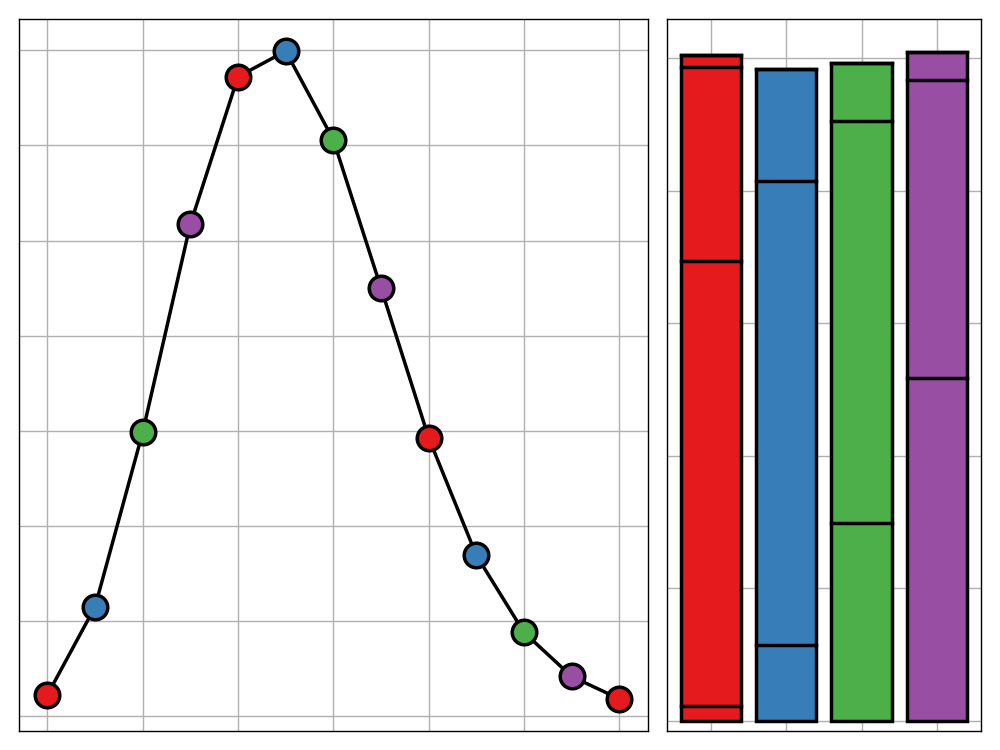
The Poisson Distribution Meets Modular Arithmetic
Inspired by a simple probability puzzle, I set out to determine the probability that a Poisson random variable is divisible by a given integer, before extending this result to calculate the distribution of the Poisson random variable modulo a divisor.
Reflecting on the Reflection Principle
From finance to route planning, the reflection principle is an incredibly versatile technique, capable of transforming seemingly fiendish problems into elegant systems. In this post, I walk through three example applications of the principle.
Efficient Calculation of Efficient Frontiers
The efficient frontier is a ubiquitous tool in quantative finance, yet it is often calculated using incredibly inefficient methods. Can we do better using a healthy helping of analysis and linear algebra.
Maths Matters: Bouncy Numbers
When we get swept up by the data science craze, it is often all too easy to forget the importance of pure mathematics and statistics, in place of flashy new algorithms and machine learning models. As a reminder of the power of pure mathematics, this post discusses how I used a moderate knowledge of combinatorics to solve a challenging ProjectEuler+ problem with only 4 essential lines of code.
Efficiently Solving a Google Coding Interview Question Using Pure Mathematics
Pure mathematics can get a bad reputation at times for being too abstract, and losing relevance to the real world. I think this reputation is largely unjustified and so, in this post, I show how a knowledge of the pure mathematical topics of linear algebra and combinatorics led me to a blazingly fast, and devilishly simple solution to a Google coding interview question.






